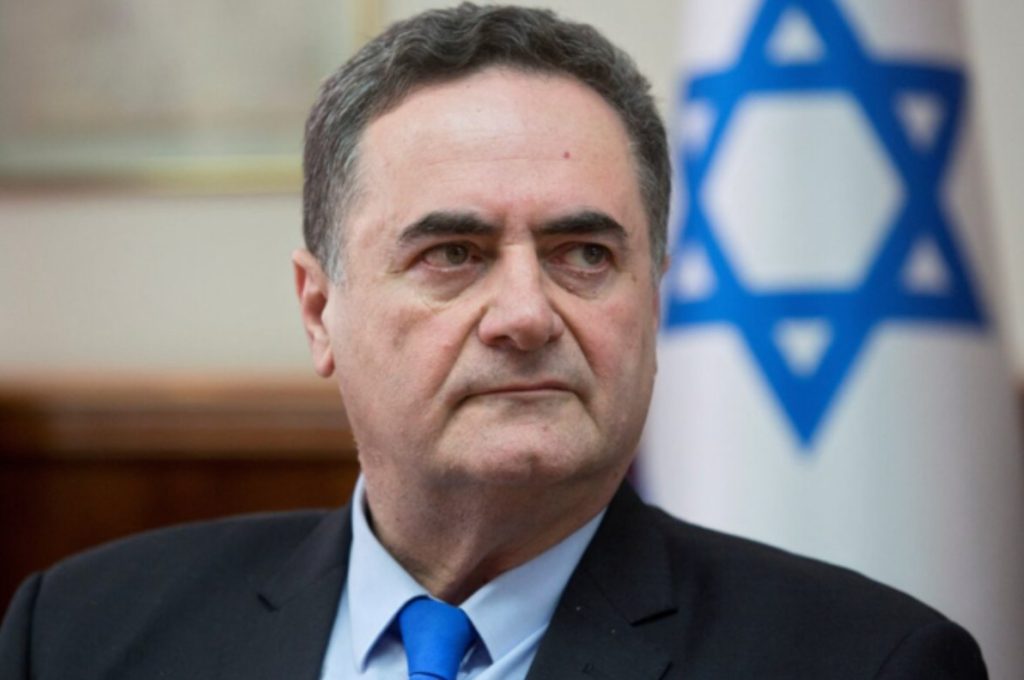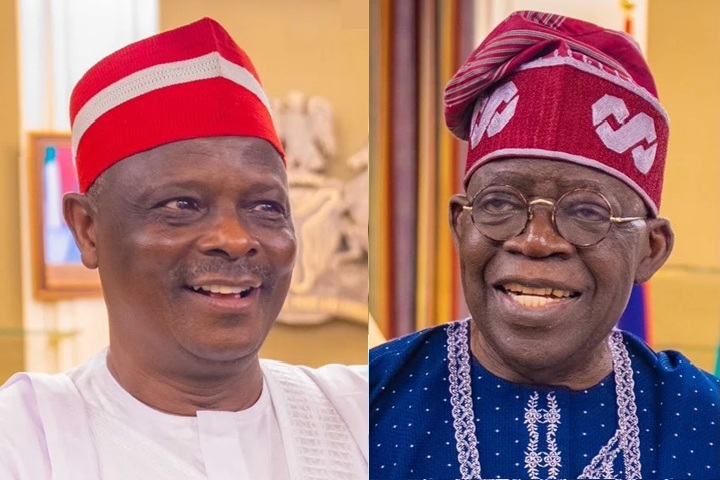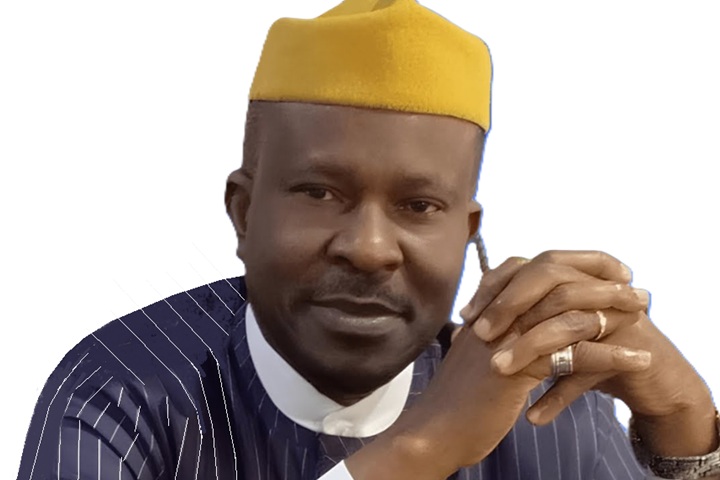Legal Affairs
Tension rises as court weighs fate of 27 Rivers lawmakers
DDM News

The Federal High Court in Port Harcourt has fixed April 16, 2025, for judgment on a critical political case.
According to Diaspora digital media (DDM), the suit was filed by the Labour Party against 27 lawmakers in the Rivers State House of Assembly.
The party is demanding the declaration of their seats as vacant following an alleged defection to the All Progressives Congress (APC).
These lawmakers were initially elected under the Peoples Democratic Party (PDP) platform during the 2023 general elections.
They are now accused of switching allegiance to the APC, in violation of Nigeria’s constitutional provisions on defections.
The lawmakers are said to be loyal to Nyesom Wike, current Minister of the Federal Capital Territory (FCT).
Wike, a former governor of Rivers State, is in a political struggle with his successor, Governor Siminalayi Fubara.
This defection case forms a major front in the ongoing power tussle between Wike and Fubara.
On Monday, March 17, 2025, the defence team, led by Speaker Martins Amaewhule, asked the court to dismiss the suit.
Amaewhule argued that the matter had already been settled by the Supreme Court in a previous judgment.
He presented a Certified True Copy of the ruling to support his submission before the Federal High Court.
According to Amaewhule, the Supreme Court restored the leadership of his faction of the House of Assembly.
He also pointed out that Governor Fubara had withdrawn a related case from the Federal High Court in Abuja.
The defence maintains that there is no valid defection since the Supreme Court found no conclusive evidence of party change.
However, the Labour Party’s counsel, Clifford Chukwu, disagreed strongly with the defence’s interpretation of the Supreme Court ruling.
Chukwu described the defection matter as a “collateral issue” not directly addressed by the apex court.
He told the court that evidence of the lawmakers’ defection had already been submitted and should be considered on merit.
Chukwu urged the judge not to be swayed by the defendants’ call for dismissal of the case.
He insisted the Federal High Court still has the authority to decide whether a defection truly occurred.
According to Chukwu, the issue before the court is distinct from what was previously decided in Abuja.
He maintained that the lawmakers should lose their seats if proven to have switched political parties without just cause.
The political crisis in Rivers State began less than six months after Fubara took over from Wike in 2023.
Both men were initially allies but soon found themselves locked in a bitter power struggle.
The 27 lawmakers facing trial are all believed to be aligned with Wike’s political structure.
This has led to intense debates on loyalty, legality, and the role of political godfathers in Nigerian politics.
On February 28, 2025, the Supreme Court ruled that there was no clear evidence of the alleged defection.
The apex court advised that the existing structure of the state assembly should be maintained until further notice.
It also ruled that the state’s financial allocation be withheld until the 2024 budget is properly presented.
This ruling has added layers of complexity to an already tense political situation in Rivers State.
Speaking after the recent hearing, Chukwu said he had fully presented the Labour Party’s position before the court.
He emphasized that the final judgment on April 16 would determine the lawmakers’ legislative fate.
Political analysts say the outcome will set a major precedent for future defection cases in Nigeria.
Daniel Akinlami, a public policy expert, has expressed doubt about the judiciary’s ability to remain impartial.
He told Legit.ng that political influence often determines legal outcomes in Nigeria, rather than facts or justice.
“I suspect that the rule of law may not anchor these events,” Akinlami said in a recent interview.
He added that power dynamics are clearly in favor of the lawmakers loyal to Wike and federal forces.
According to him, political power often tips the scales in the courtroom, regardless of legal arguments.
“Those with more influence often manipulate the process to their benefit,” Akinlami added.
He further stated that the judgment would be a test of judicial independence in Nigeria.
“Notwithstanding, we are waiting for that Federal High Court judgment on the defection issue,” he said.
Akinlami also reflected on the common saying in Nigeria’s political circles: “Go to court.”
“When your opponent says ‘go to court,’ it often means they’re already prepared to win there,” he warned.
He hinted that the judiciary may be compromised by political interests, especially in high-profile matters like this one.
Despite these concerns, many Nigerians are watching the case closely for its potential impact on governance.
Some observers believe a ruling against the lawmakers could reset the political balance in Rivers State.
Others fear it could spark deeper conflict between Fubara and Wike’s camps, destabilizing the state further.
Whatever the outcome, the April 16 judgment is poised to shape the future of Rivers politics in 2025 and beyond.
For Diaspora Digital Media Updates click on Whatsapp, or Telegram. For eyewitness accounts/ reports/ articles, write to: citizenreports@diasporadigitalmedia.com. Follow us on X (Fomerly Twitter) or Facebook











